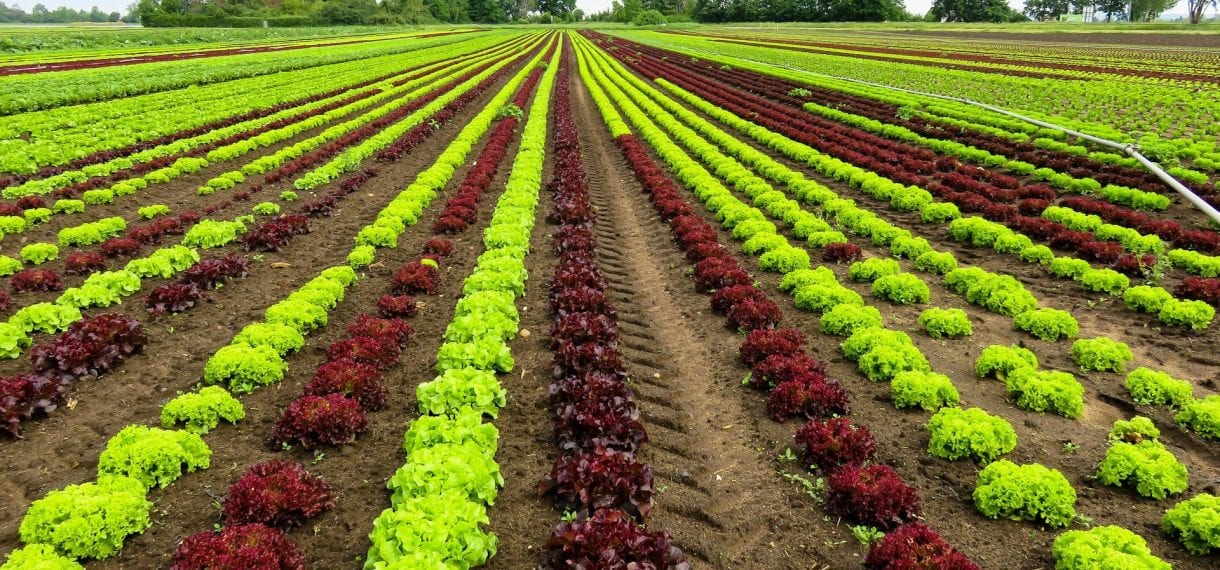

Lincoln secures share of £16 million to address global agricultural challenges
Scientists at the University of Lincoln, UK, will lead three pioneering research projects as part of a new wave of government funding aimed at solving some of the world’s greatest agricultural challenges.
The new agri-tech projects, which will support innovation in farming and food production, have been awarded a share of £16 million funding through the latest round of the Government’s Agri-Tech Catalyst.
The Agri-Tech Catalyst is designed to address global agricultural challenges – from food security and sustainability to weed control and livestock disease.
The University’s Lincoln Institute for Agri-food Technology (LIAT) has secured major research grants worth more than £2.6 million to deliver three out of the 24 projects funded through this round of awards.
The projects delivered by University of Lincoln researchers will include the development of a robot that accurately eliminates and controls weeds, significantly reducing the use of herbicides in food production.
The second study will examine and document the genome sequence of the food-borne pathogen campylobacter – the most common cause of food poisoning in the UK – with a view to dramatically reducing contamination within the food chain, and the third will focus on the production of new essential oil crops for thousands of Kenyan smallholders, aiming to develop a new sustainable income source for these farmers.
Professor Andrew Hunter, Pro Vice Chancellor and Head of the College of Science at the University of Lincoln, said: “Science has a crucial role to play in addressing many of the challenges we face in the 21st century and nowhere more so than in tackling issues of global food security.
“We are very grateful for the support the UK Government has shown us with these latest research grant awards. It is a powerful statement about the quality and relevance of the work we are undertaking here in Lincolnshire, at the very heart of the UK’s agri-food industry.”
Professor Simon Pearson, Director of the Lincoln Institute for Agri-food Technology, said: “The Agri-Tech Catalyst is a fine example of government, industry and universities coming together to meet some very tangible societal and economic needs. Our research hinges on excellent science and engineering but, more fundamentally, it aims to deliver practical solutions that can make a meaningful difference to businesses and consumers.
“Through the work of LIAT we have already made some significant advances in areas like 3D imaging and automation, and these latest research awards open possibilities for a new wave of innovations across the full spectrum of the food cycle, from farm to fork.”
The UK is a world leader in the fast growing agri-tech sector, as global challenges such as rising population, shortages of land, water and energy require better and more reliable production of food. Today’s investment will help to further grow this sector – which new research published today reveals is worth around £14 billion to the UK economy and employs over half a million people.
